Vegetarian Diet Vitamin B12: Importance, Sources, and Tips
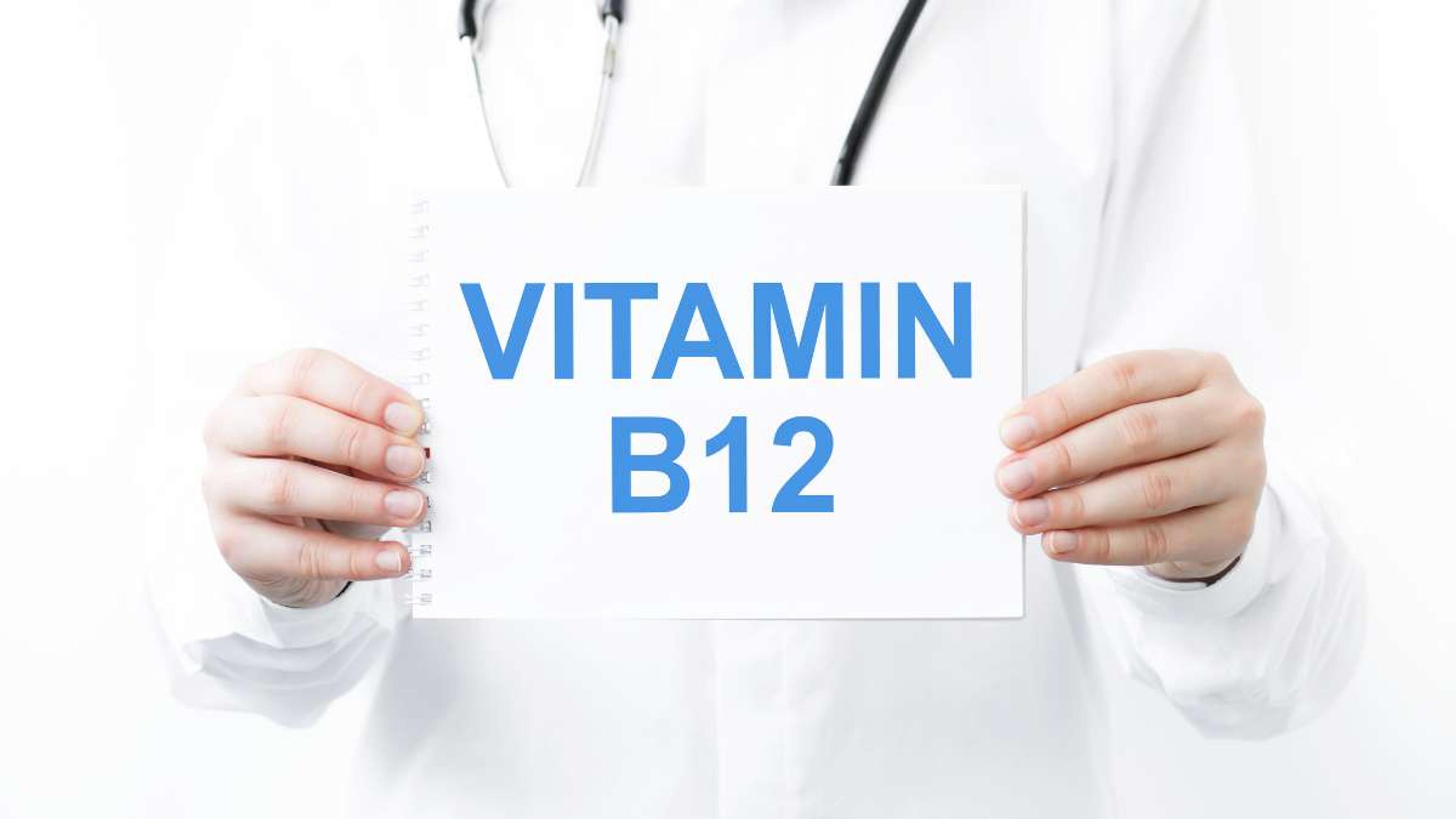
- Key Takeaways
- Importance of Vitamin B12 in a Vegetarian Diet
- Sources of Vitamin B12 for Vegetarians
- Tips for Meeting Vitamin B12 Needs in a Vegetarian Diet
- Conclusion
- FAQs
Are you a vegetarian struggling to meet your Vitamin B12 nutritional needs? Here's an interesting fact - Vitamin B12, essential for healthy nerves and brain function, is predominantly found in animal-based food products.
This blog explores the top plant-derived sources of this vital nutrient and provides useful tips on how to incorporate them into your diet. Let's dive right in and learn more about optimizing our health through smart vegetarian choices!
Key Takeaways
- Vitamin B12 is essential for red blood cell production, maintaining nerve and brain health, and DNA synthesis.
- Vegetarians are at a higher risk of vitamin B12 deficiency due to limited natural food sources.
- Good plant-based sources of vitamin B12 include dairy products, eggs, fortified foods, nutritional yeast, seaweed (nori), and shiitake mushrooms.
- It is important for vegetarians to regularly consume B12-rich foods or consider supplements/fortified foods to meet their nutritional needs. Regular blood tests and consulting with a healthcare professional or registered dietitian are also recommended.
Importance of Vitamin B12 in a Vegetarian Diet
Vitamin B12 is a crucial nutrient for vegetarians, as it plays a vital role in red blood cell production and maintaining optimal nerve and brain health.
What is Vitamin B12 and why is it important?
Vitamin B12, also known as cobalamin, is a crucial nutrient that plays a vital role in our body's overall wellbeing. This water-soluble vitamin contributes to the normal function of our nervous system and the creation of red blood cells.
Furthermore, it aids in DNA synthesis - the genetic material found in every cell of our bodies. A deficiency of this significant nutrient can lead to severe health impacts including anemia and potentially irreversible nerve damage.
Therefore, maintaining adequate levels of vitamin B12 is extremely important for all individuals, but particularly so for those following vegetarian or vegan diets due to their limited natural food sources rich in this critical vitamin.
Risks of Vitamin B12 deficiency in vegetarian diets
Vitamin B12 deficiency poses a significant risk to vegetarians due to its natural presence in animal products alone. This nutrient is crucial for DNA synthesis and maintaining healthy nerve function, making it a must-have in our diet.
Vegetarians and vegans are particularly susceptible to Vitamin B12 deficiency, leading to potential health issues like anemia or neurological disorders. It's alarming that the deficiency can go undetected among people on a vegan diet rich in folate, as this nutrient can mask the symptoms of low B12 levels. Maintaining an adequate intake of vitamin B12 is pivotal for metabolic functions such as red blood cell formation and DNA synthesis.
Furthermore, deficiency symptoms including fatigue and nerve damage can develop over time if unnoticed or untreated. High homocysteine levels have also been linked to vitamin B12 deficiency, making it important to monitor and maintain healthy levels of this essential nutrient for proper metabolism.
The warning from the Academy of Nutrition and Dietetics about possible vitamin B12 deficiencies further underscores this risk among vegetarian and vegan populations across various demographics.
In short, maintaining adequate intake is vital for all vegetarians to prevent any adverse effects related to a lack of vitamin B12 in their diets.
Sources of Vitamin B12 for Vegetarians
Vegetarians can obtain vitamin B12 from dairy products like milk, yogurt, and cheese.
Dairy products
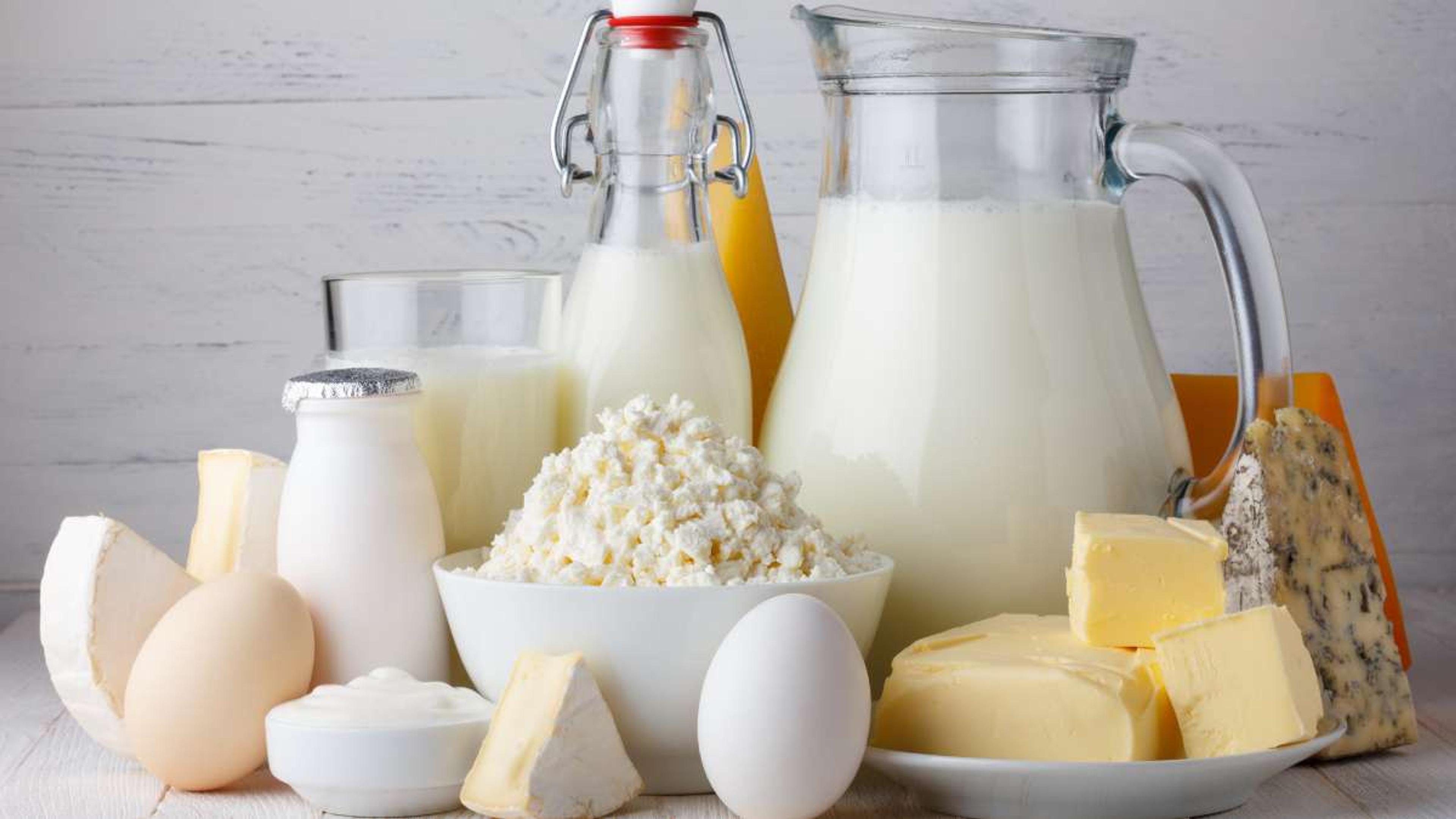
Dairy products like milk, cheese, and yogurt are prime sources of Vitamin B12 for vegetarians. Laden with nutrients, these items play a vital role in maintaining the health of nerves, constructing red blood cells as well as building DNA.
Consuming just one cup of milk or a slice of Swiss cheese can provide about 1.1 micrograms (mcg) and 0.9 mcg respectively, making a significant contribution to the daily recommended 2.4 mcg intake for adults.
Still not enough? Some dairy items have an even higher vitamin B12 content. For example, Greek yogurt contains up to 1.3 mcg per serving! With such diverse options available within the dairy category itself, meeting your daily nutrient requirement couldn't be simpler on a vegetarian diet.
Eggs
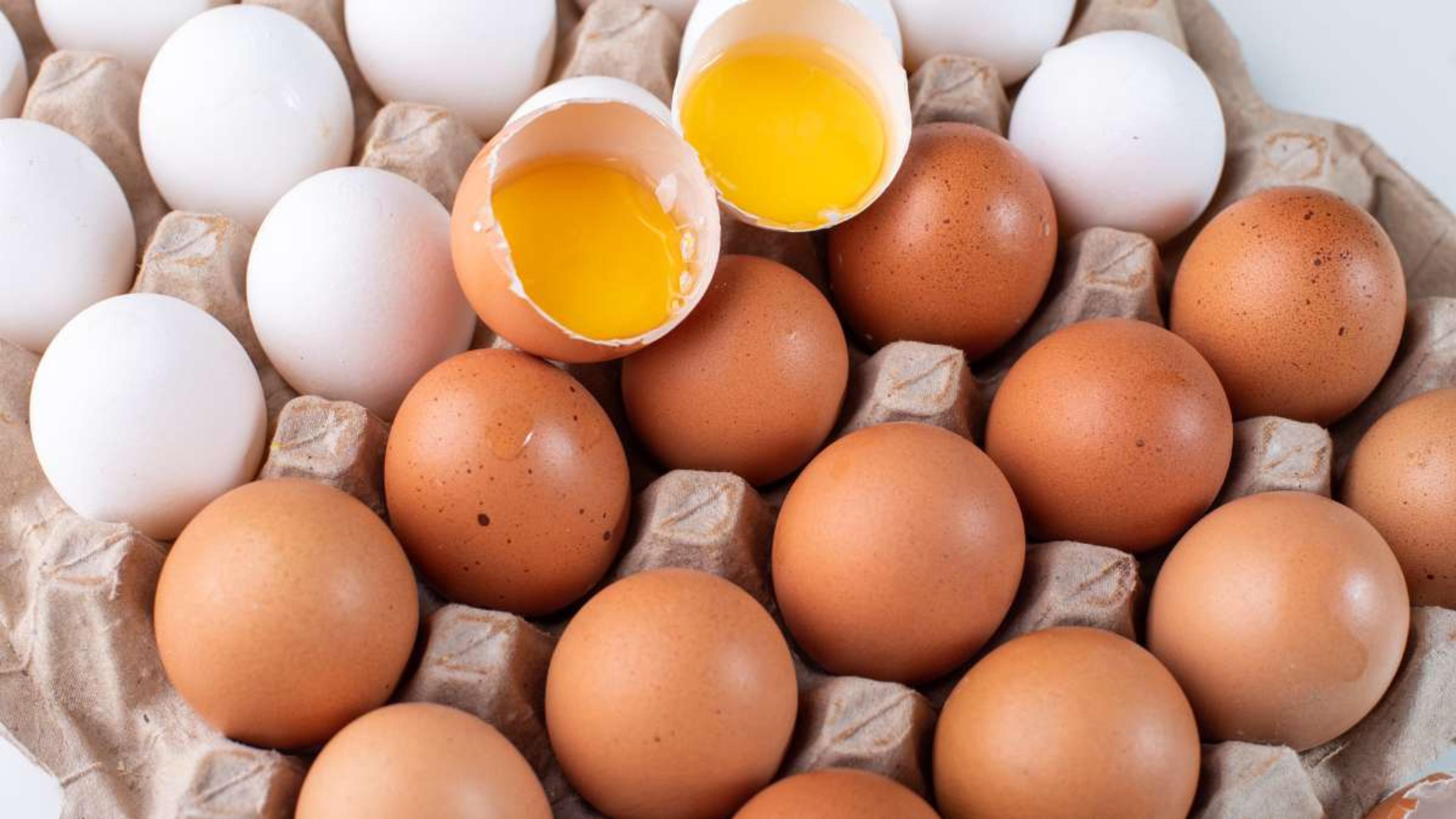
Eggs are a valuable source of vitamin B12 for vegetarians, providing them with an essential nutrient that is mainly found in animal products. Along with being a good source of protein, eggs contain significant amounts of vitamin B12, making them an important addition to a vegetarian diet.
However, it's worth noting that the majority of the B12 content is located in the yolk, so if someone has a deficiency or follows a vegan diet, eggs should not be their primary source of this vital vitamin.
Nonetheless, incorporating eggs into meals can help ensure adequate intake and support overall health for individuals following a vegetarian lifestyle.
Fortified foods
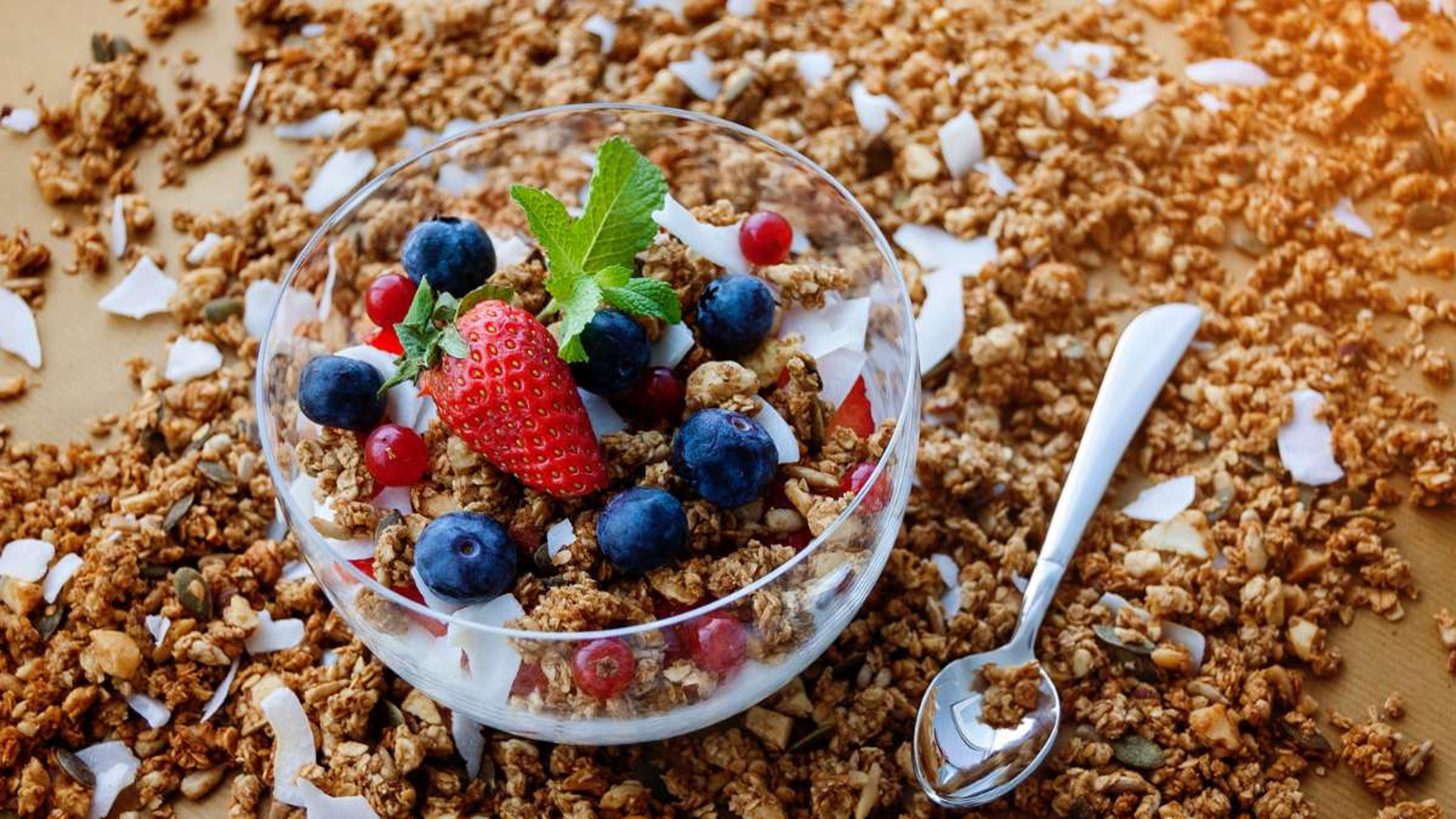
Fortified foods are an important source of vitamin B12 for vegetarians and vegans. Many food products, such as nutritional yeast, plant milks, soy products, and breakfast cereals, are fortified with vitamin B12 to ensure that individuals following a plant-based diet can meet their nutritional needs.
These fortified foods contain added amounts of B12 that can help prevent deficiency in those who do not consume animal products.
Vitamin B12 fortification is particularly crucial for vegans since they eliminate natural food sources of this vitamin from their diets. By including fortified foods in their daily meals and snacks, vegans can ensure they maintain adequate levels of vitamin B12 to support the healthy functioning of their nervous system and DNA synthesis.
Nutritional yeast
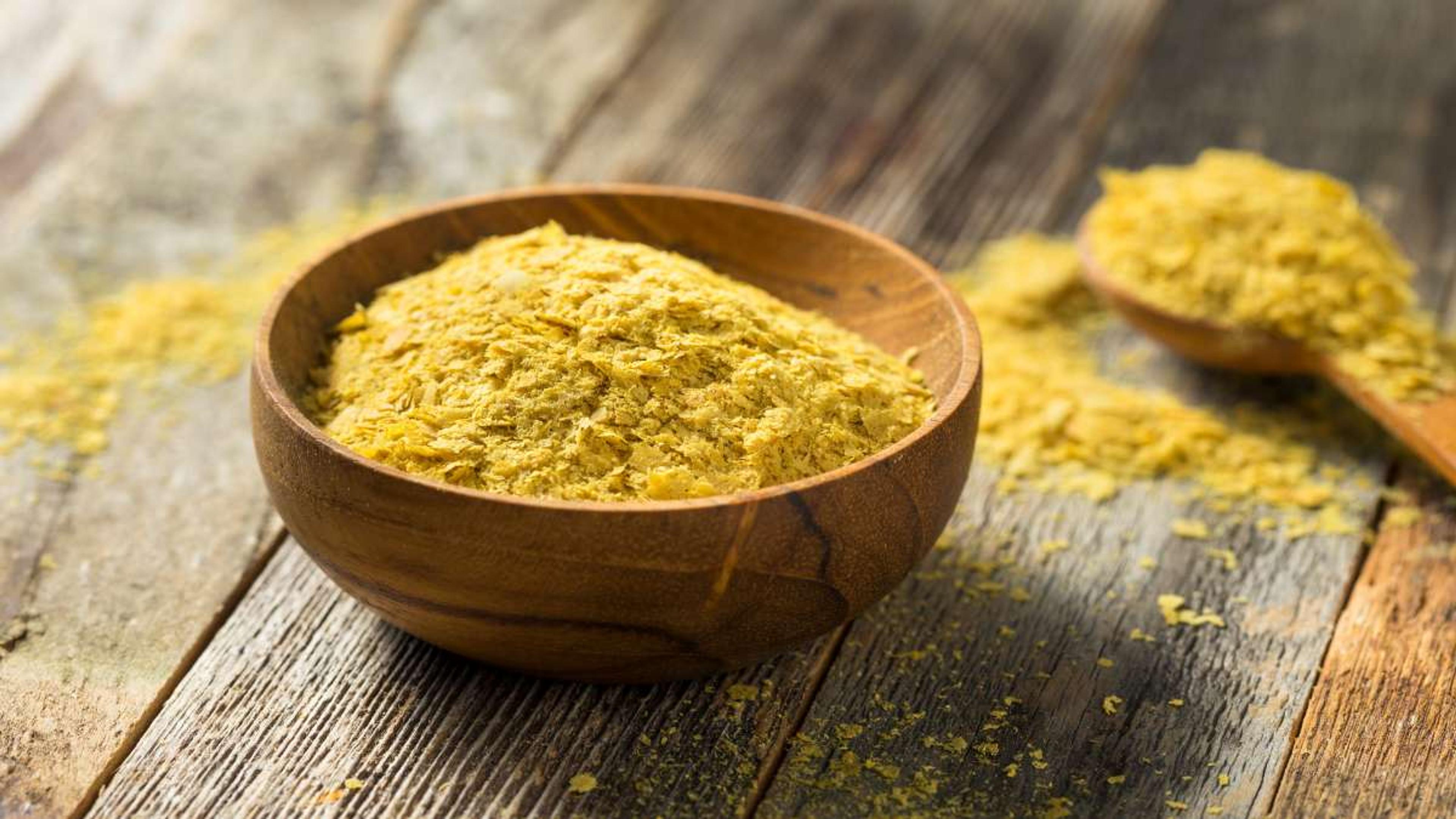
Nutritional yeast is a popular choice for vegetarians and vegans looking to boost their vitamin B12 intake. This fortified food contains high levels of this essential nutrient, along with folic acid (B9).
Nutritional yeast, specifically Saccharomyces cerevisiae, is a reliable source of vitamin B12 for those following a plant-based diet. It can be easily incorporated into various recipes to enhance both the flavor and nutritional content of meals.
Whether sprinkled on popcorn or used as a cheesy substitute in vegan dishes, nutritional yeast is an excellent way to meet your B12 needs and ensure optimal energy production, red blood cell creation, and metabolism.
Seaweed (nori)
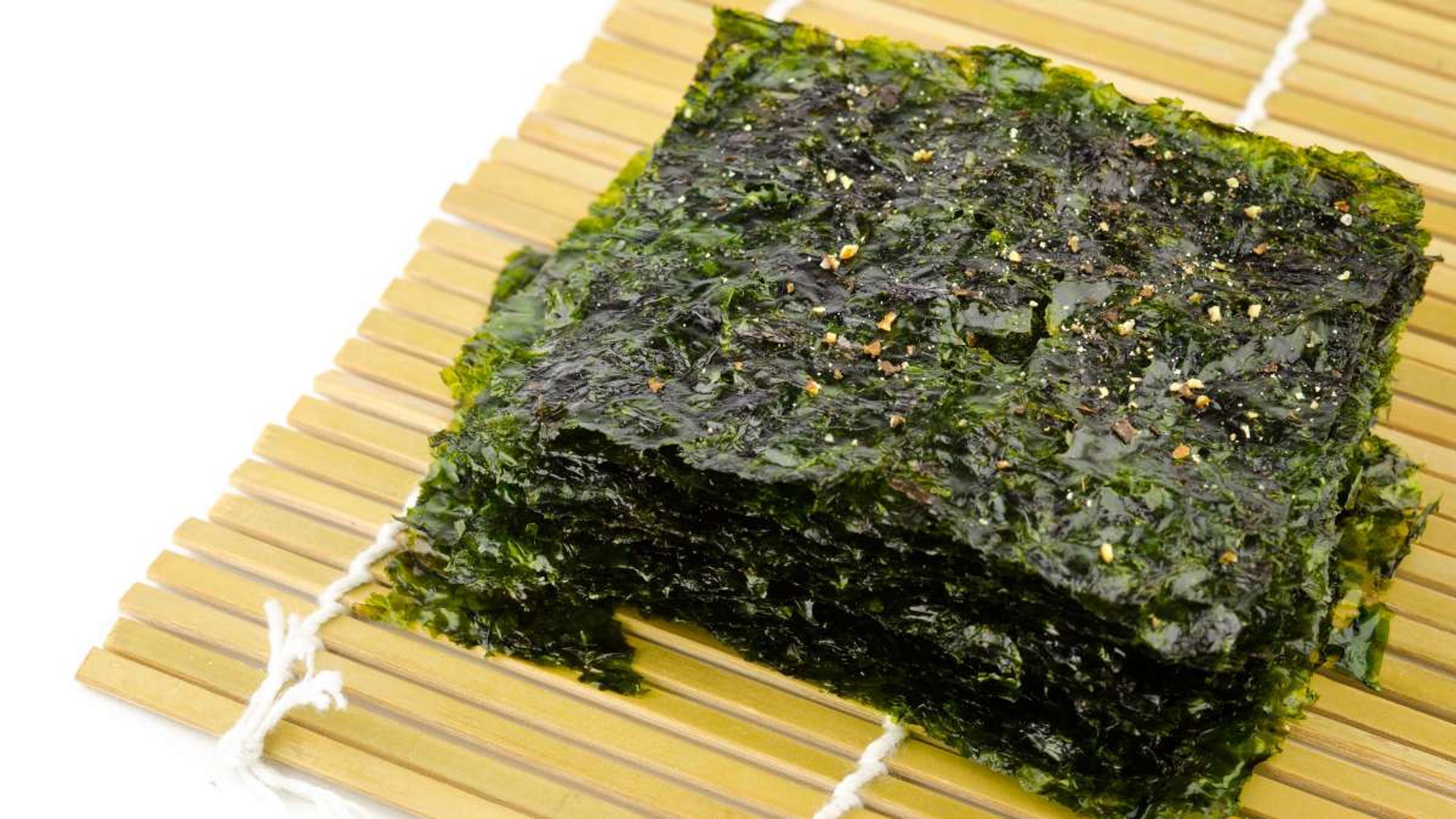
Nori seaweed is considered a good source of vitamin B12 for vegetarians. It contains high levels of the vitamin, making it an excellent addition to a plant-based diet. Nori is commonly consumed in Asian countries and is a key ingredient in sushi.
Dried nori seaweed can contain up to 51.7mcg of vitamin B12 per 100 grams, providing a significant portion of the recommended daily intake. By incorporating nori into your meals, you can easily meet your vitamin B12 needs and prevent deficiency on a vegetarian diet.
Shitake mushroom
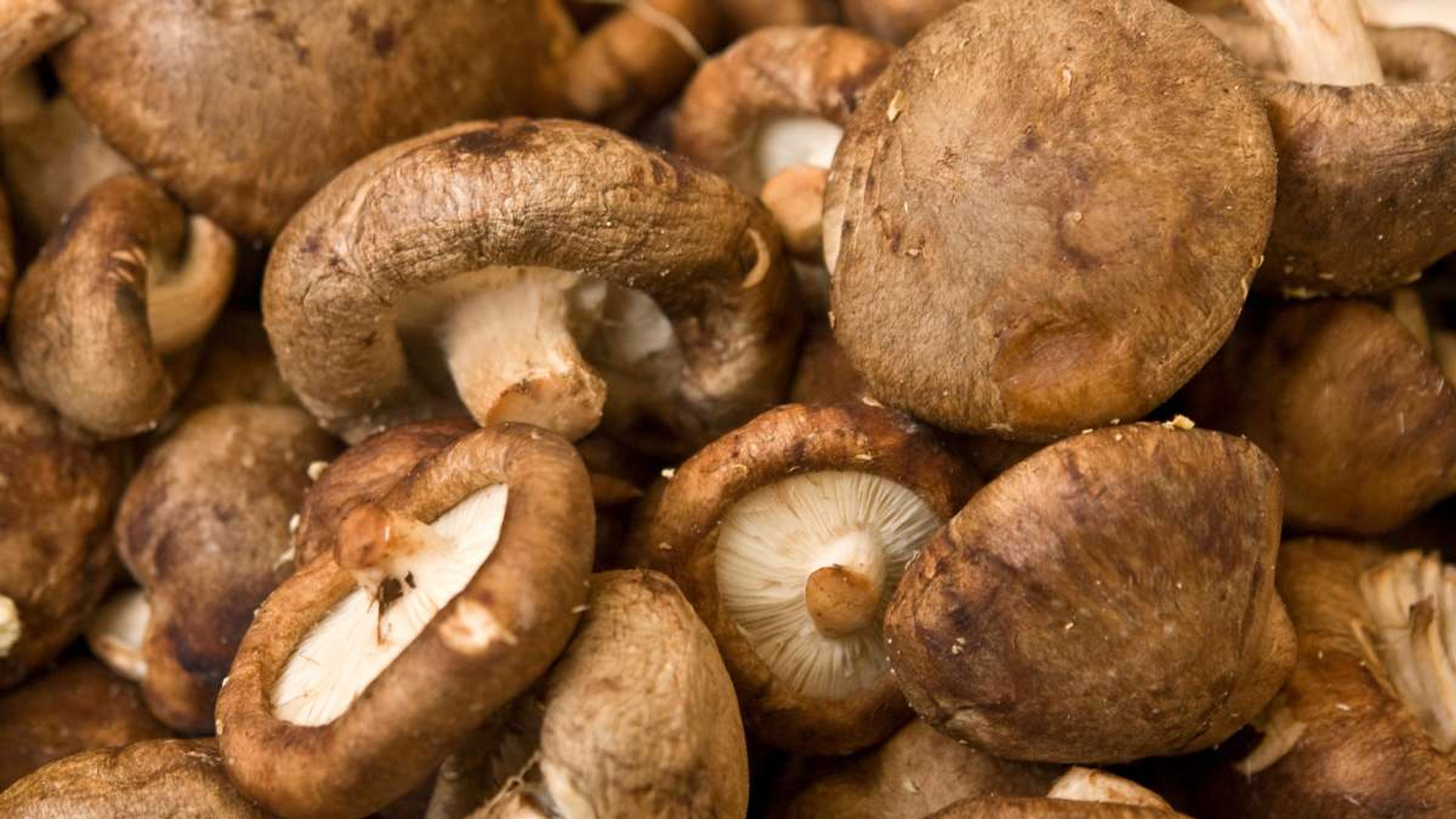
Shiitake mushrooms are a valuable plant-based source of vitamin B12, making them an excellent addition to a vegetarian diet. While their levels of this essential nutrient may not be as high as in other foods, they still provide a beneficial amount.
These flavorful fungi are also rich in other plant-based nutrients like vitamin D and zinc, making them a nutritious choice for vegetarians and vegans looking to meet their nutritional needs without relying on animal products.
Tips for Meeting Vitamin B12 Needs in a Vegetarian Diet
To ensure adequate vitamin B12 intake, regularly consuming B12-rich foods, considering supplements or fortified foods, getting regular blood tests to monitor levels, and consulting with a healthcare professional or registered dietitian are essential for vegetarians.
To ensure adequate intake of Vitamin B12 on a vegetarian diet, it is important to regularly consume foods that are rich in this essential nutrient. Good sources of Vitamin B12 for vegetarians include dairy products, eggs, fortified foods such as plant milks and breakfast cereals, nutritional yeast, seaweed (nori), and shiitake mushrooms.
By incorporating these foods into your daily meals and snacks, you can help meet your nutritional needs and prevent deficiency symptoms associated with a lack of Vitamin B12.
Consider B12 supplements or fortified foods
To ensure adequate intake of vitamin B12 in a vegetarian diet, it is important to consider incorporating B12 supplements or fortified foods. Since plant-based diets lack natural sources of this essential vitamin, supplementation becomes crucial.
Fortified plant milks, breakfast cereals, and soy products are often enriched with B12 and can be consumed by vegans. Additionally, taking B12 supplements in the form of tablets or injections can help meet dietary needs and maintain proper levels of this vital nutrient.
Get regular blood tests to monitor B12 levels
Regular blood tests are crucial for individuals following a vegetarian or vegan diet to monitor their B12 levels. This is because vitamin B12 deficiency is a significant risk in these diets, as the vitamin is primarily found in animal products.
By regularly checking their B12 levels, individuals can ensure they are meeting their nutritional needs and avoid potential health complications such as fatigue, weakness, and nerve problems.
It is important for everyone, regardless of their diet, to consider regular blood tests and potentially take a vitamin supplement to maintain optimal health.
Consult with a healthcare professional or registered dietitian
It is highly recommended to consult with a healthcare professional or registered dietitian when following a vegetarian diet, especially if you are considering going vegan. These experts can provide personalized advice and guidance on meeting your nutritional needs, including adequate vitamin B12 intake.
They can assess your current dietary habits, recommend specific foods or supplements to ensure sufficient B12 levels, and monitor your progress through regular blood tests. Consulting with a healthcare professional or registered dietitian is crucial for maintaining optimal health as a vegetarian and avoiding the risks of vitamin B12 deficiency that can arise from inadequate intake of this essential nutrient.
Conclusion
In conclusion, ensuring adequate intake of vitamin B12 is crucial for vegetarians to support their overall health and well-being. By incorporating reliable sources such as dairy products, fortified foods, and supplements into their diet, vegetarians can meet their nutritional needs and reduce the risk of deficiency.
It's important to consult with a healthcare professional or registered dietitian to ensure a balanced vegetarian diet that includes sufficient vitamin B12 intake. Taking proactive steps to address this nutrient requirement will help vegetarians maintain optimal health and prevent potential health issues associated with deficiency.
FAQs
1. Why is vitamin B12 important in a vegetarian diet?
Vitamin B12 is important in a vegetarian diet because it plays a crucial role in the production of red blood cells and the proper functioning of the nervous system. It is primarily found in animal-based foods, making it more challenging for vegetarians to obtain adequate amounts.
2. What are some sources of vitamin B12 for vegetarians?
Some sources of vitamin B12 for vegetarians include fortified plant-based milk and yogurts, fortified breakfast cereals, nutritional yeast, and supplements. It's essential for vegetarians to ensure they consume enough of these fortified foods or take supplements to meet their recommended daily intake.
3. Can I get enough vitamin B12 from plant-based sources alone?
It can be challenging to get enough vitamin B12 solely from plant-based sources as they contain inactive forms that may not be readily absorbed by the body. Therefore, it is highly recommended for vegetarians to incorporate fortified foods or supplements into their diet to meet their vitamin B12 needs.
4. How can I ensure I am meeting my nutritional needs as a vegetarian?
To meet your nutritional needs as a vegetarian, it's important to consume a variety of plant-based foods rich in vitamins, minerals, and proteins such as legumes, whole grains, fruits, vegetables, nuts, and seeds. Additionally, paying attention to specific nutrients like iron and omega-3 fatty acids by including spinach,
quinoa tofu flaxseeds chia seeds walnuts avocados etc., while incorporating fortified foods or supplements like vitamin B12 can help ensure you are getting all the necessary nutrients your body requires on a vegetarian diet

